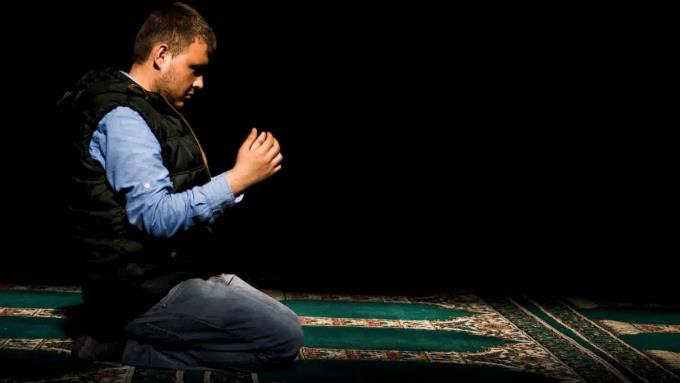
In the rich tapestry of Islamic worship, the act of making dua, or supplication to God, stands as a deeply personal bridge between the believer and the Divine. Traditionally, many within the Islamic faith have held the belief that supplications are more sacred when articulated in Arabic, the language of the Quran. This perspective is rooted in the reverence for Arabic as the language chosen by God to convey His final message to humanity. However, a reflective exploration of Islamic theology and the essence of worship presents a compelling argument for the acceptance and indeed, the preference for making dua in one’s native tongue, especially when the words spring from personal reflection and heartfelt sincerity.
The argument that God shows a preference for Arabic, even from those who do not understand it, rests on the assumption that the sanctity of the language elevates the prayer’s worthiness of being heard. While Arabic holds a special place in Islam for being the language of the Quran, it is essential to consider the Qur’anic emphasis on understanding, reflection, and sincerity in worship. The Quran (in Surah 4:43) underscores the importance of approaching prayer with a conscious mind, suggesting that understanding the essence of one’s supplications is key to meaningful worship. Therefore, if the language barrier prevents a believer from fully grasping the content of their prayer, their spiritual connection and the profundity of their supplication may be diminished.
Moreover, the notion that prescribed duas, memorized and recited, are inherently superior to personal supplications warrants reconsideration. Islam, at its core, celebrates the personal and direct relationship between the individual and God. This relationship is manifested most intimately in the moments of dua, where the believer pours out their hopes, fears, gratitude, and repentance directly to God. A personal dua, crafted in the language of the supplicant’s heart, can arguably carry a more authentic expression of their inner state and devotion. The practice of memorizing and reciting established supplications certainly has its place, particularly in preserving the teachings and wisdom passed down through generations. However, it should not overshadow the value and sincerity of personal, heartfelt supplications that reflect an individual’s unique spiritual journey
Lastly, the belief that a dua must be repeated a specific number of times to be accepted introduces a mechanical aspect to what is fundamentally a spiritual endeavor. Islam teaches that God is All-Hearing, All-Knowing, and infinitely compassionate. The essence of dua lies in turning to Him with absolute sincerity and trust in His mercy and wisdom. The criterion for acceptance is not the quantity of repetition but the quality of sincerity and faith. The Prophet Muhammad himself emphasized the importance of sincerity in supplication, indicating that a heart-filled prayer, even if silent and brief, holds immense value in the eyes of God.
In conclusion, while the respect and reverence for Arabic as the language of the Quran are well-founded, elevating one’s understanding, sincerity, and personal expression in supplication transcends linguistic boundaries. The Islamic tradition, with its emphasis on intention (niyyah) and the personal connection with the Divine, supports the idea that duas made in one’s native language, stemming from the depths of the heart, are not only acceptable but preferred. It is through the genuine and personal dialogue with God that the essence of worship finds its true expression, inviting a richer, more intimate relationship with the Creator, unconfined by language or prescribed formulas.


